Other Books by Vine Deloria, Jr.
Custer Died for Your Sins
We Talk, You Listen
Of Utmost Good Faith
God Is Red
Red Earth, White Lies
Behind the Trail of Broken Treaties
The Indian Affair
Indians of the Pacific Northwest
The Metaphysics of Modern Existence
American Indians, American Justice (with Clifford Lytle)
A Sender of Words (edited)
The Nations Within (with Clifford Lytle)
The Aggressions of Civilization (edited with Sandra L. Cadwalader)
American Indian Policy in the Twentieth Century (edited)
Frank Waters, Man and Mystic (edited)
Copyright 1999 Vine Deloria, Jr.
All rights reserved. No part of this book may be reproduced, stored in a retrieval system or transmitted in any form or by any means, electronic, mechanical, photocopying, recording, or otherwise, without the prior written permission of the publisher.
Library of Congress Cataloging-in-Publication Data
Deloria, Vine.
Spirit & reason : the Vine Deloria, Jr., reader / edited by Barbara Deloria, Kristen Foehner, and Sam Scinta.
p. cm.
Includes bibliographical references and index.
ISBN 1-55591-430-6 (pbk.)
1. Indian philosophyNorth America. 2. Indians of North AmericaSocial conditions. 3. Indians of North AmericaStudy and teaching. I. Deloria, Barbara. II. Foehner, Kristen. III. Scinta, Samuel. IV. Title. V. Title: Spirit and reason.
E98.P5D45 1999
970.00497dc2199-30110
CIP
Printed in the United States of America
0 9 8 7 6 5
Book design: Bill Spahr
Cover art: Flying Pipe, Canupa Kinyan, Yankton Sioux, copyright 1999 Jeralyn Lujan-Lucero/Gathering Flowers Taos Pueblo.
Fulcrum Publishing
4690 Table Mountain Drive, Suite 100
Golden, Colorado 80403
800-992-2908 303-277-1623
www.fulcrumbooks.com
 Contents
Contents 




Part I: Philosophy
Part II: Social Science
Part III: Education
Part IV: Indians
Part V: Religion
 Foreword
Foreword 
Wilma P. Mankiller




No writer has more clearly articulated the unspoken emotions, dreams, and lifeways of contemporary Native people than Vine Deloria. This collection of Delorias works takes the reader on a fascinating journey through Indian country as Deloria responds to some of the most important issues of the last three decades. Delorias literary gift is amply demonstrated in pieces that are a mix of logic, humor, irreverence, and spirituality. But it is his clarity of thought and stunning ability to express complex concepts in a simple, straightforward manner that captivate the reader.
One of the most compelling pieces in the collection, If You Think About It, You Will See That It Is True, reminded me of the phrase coined by Alice Walker, looking backward toward the fut ure. With flawless logic and adroit use of language, Deloria exa mines the way many traditional Native people look at the universe, the connectedness of all living things, and our own insignificance in the totality of things compared to the objective, segmented way scientists in the academy view the universe. Deloria po ints out that everything that humans experience has value and instructs in some aspect of life.... The real interest of the old Indians was not to discover the abstract structure of physical reality but rather to find the proper road along which, for the duration of a persons life, individuals were supposed to walk. This argues that the universe is a moral universe.
In Low BridgeEverybody Cross, Deloria challenges conventional scholarly arguments that Native people in North America are immigrants just like everyone else because they crossed the Bering Strait, albeit centuries earlier than Columbus. Deloria painstakingly takes apart the arguments of proponents of the Bering Strait theory of migration and attributes their motives to a combination of intellectual slothfulness and residual guilt... over the manner in which the Western Hemisphere was invaded and settled by Europeans.
In The Turmoil of Ethnic Studies, Deloria illustrates the acceptance of ethnic studies in the academy with a tongue-in-cheek passage, I realized that some measure of academic respectability had been achieved because I could hardly understand what my colleagues were saying.... That kind of behavior is the best measure of academic respectabilitya professor can talk for an hour and only his closest colleagues can understand what he is saying. In the same playful mood, he wrote A Flock of Anthros to argue in part that anthropology is a field of study with a very dogmatic framework and a nebulous foundation.
Deloria writes poignantly of the struggle of Caucasian people in America to understand why many Native people did not participate in the Bicentennial Celebration, which appeared to commemorate the concept that the institution of oppression has survived two centuries! He goes on to argue in Why Indians Arent Celebrating the Bicentennial that placing our current situation in a historical context but, What is done is done. It is where we go next that is important... so that the next hundred years will not force us to look back on mistrust, arrogance, and injustice.
Although all the chapters in this book are instructive, Higher Education and Self-Determination, an optimistic essay about the future of Indian education, is particularly interesting because it explains in part the reason that some academically qualified Native people simply drop out of college and go home. Deloria says Non-Indians live within a worldview that separates and isolates and mistakes labeling and identification for knowledge.... Indians were completely outside the system and within their own worldview.
There are other equally absorbing pieces, ranging from Alcatraz, A ctivism, and Accommodation to The Religious Challenge. One of the most engaging minds of our time, Deloria gives the reader a rare glimpse into the world of Native people as we grapple with questions that all come back to the central issue of how to retain a strong sense of who we are as Native people as we walk confidently into the next millennium as whole human beings.
 Preface
Preface 




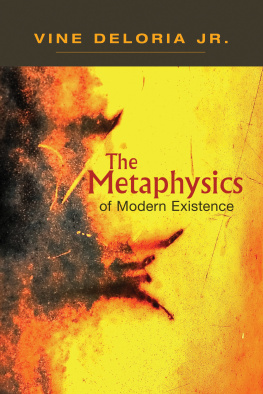
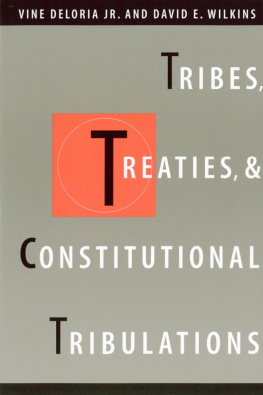
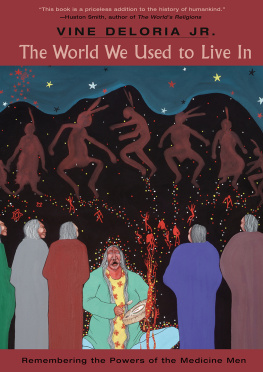
![Deloria Jr. - Behind the trail of broken treaties an Indian declaration of independence. [The goundbreaking work by the preeminent spokesperson for American Indian rights]](/uploads/posts/book/171989/thumbs/deloria-jr-behind-the-trail-of-broken-treaties.jpg)
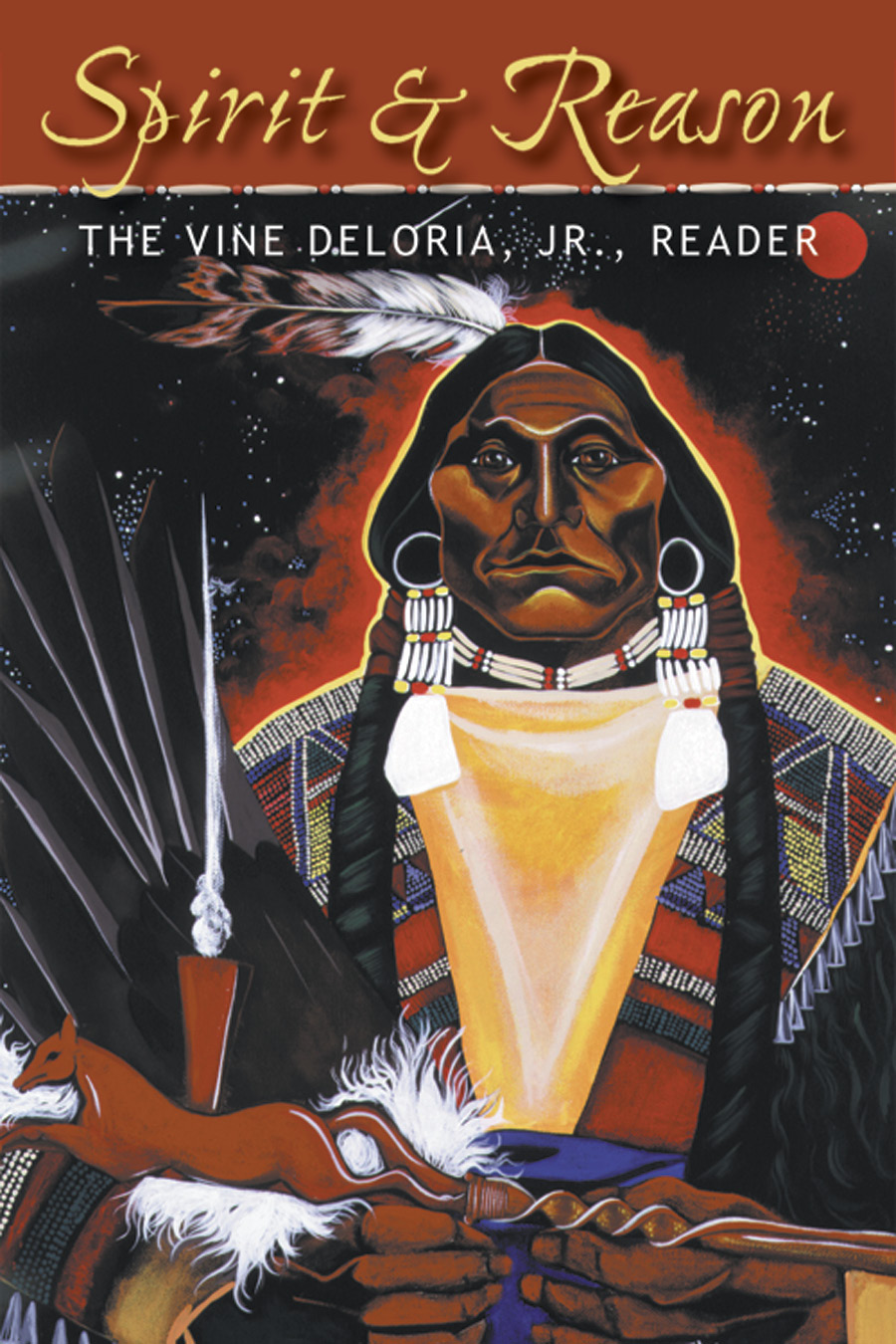
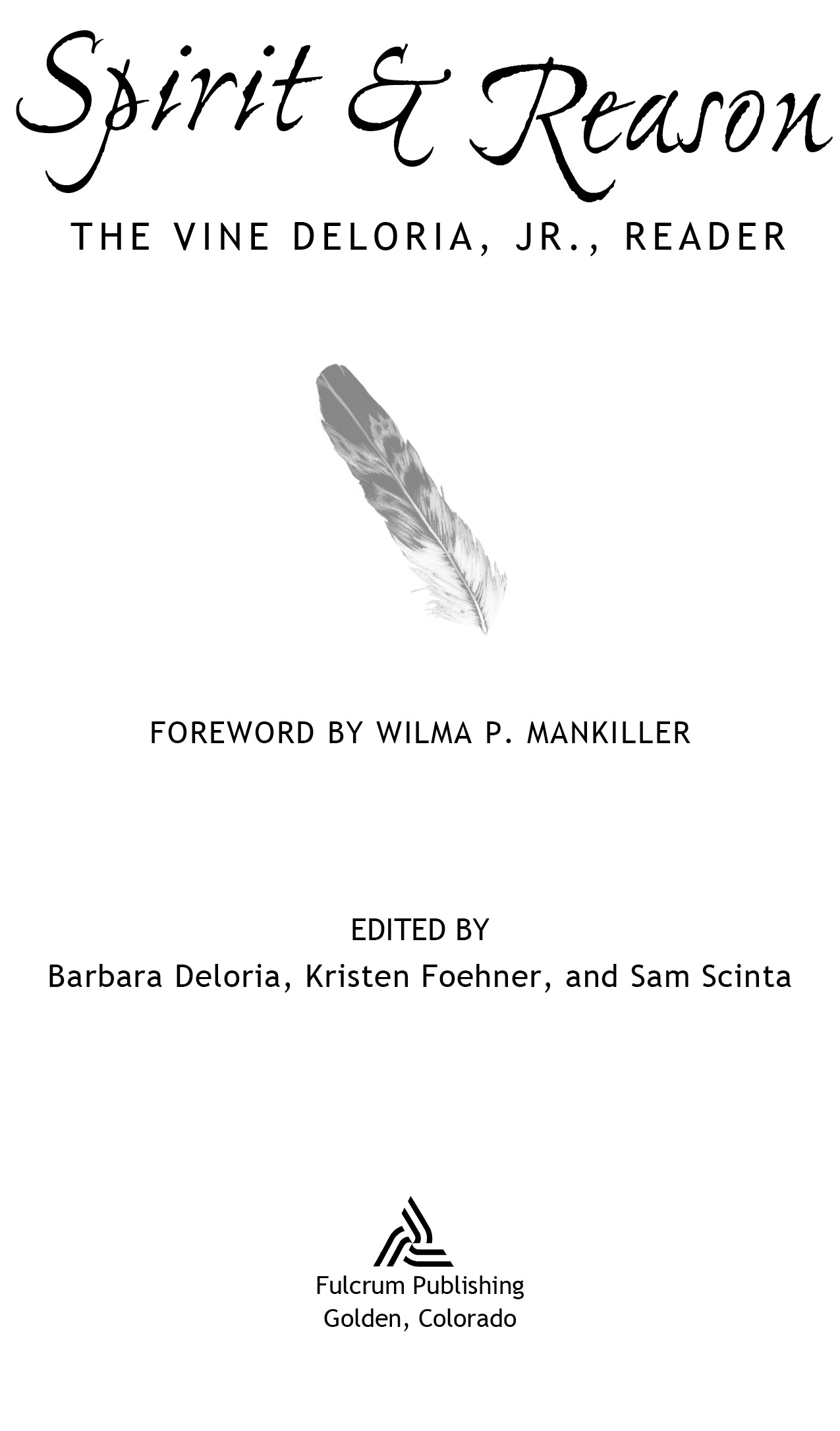
 Contents
Contents 




 Foreword
Foreword 




 Preface
Preface 

